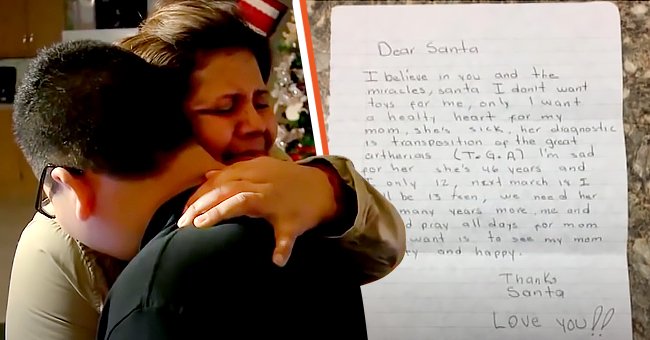Baby Gets ‘graduation’ Ceremony After Spending 80 Days In The NICU
Many women have their kids delivered early for a variety of reasons. Some of them, fearful after a previous pregnancy loss, are relieved when their pregnancy progresses to the point where the baby might be able to live if born prematurely.
Many variables, according to experts, impact premature baby survival and the likelihood of abnormalities or impairments after birth when the delivery date is difficult.
Premature Birth and Survival Statistics
The age of viability, which is around 24 weeks of gestation, is one of the parameters that physicians identify. After that, they would use extensive medical intervention to try to preserve the baby’s life.
In a state-of-the-art neonatal intensive care facility (NICU), babies delivered at 23 weeks may survive, although their chances of survival are significantly reduced.
The March of Dimes and the Quint Boenker Preemie Survival Foundation7 revealed the chances of survival for a baby delivered prematurely:
- 34+ weeks – as likely as a full-term baby
- 32 to 33 weeks: 95%
- 28 to 31 weeks: 90 to 95%
- 27 weeks: 90%
- 26 weeks: 80%
- 25 weeks: 50%
- 24 weeks: 39%
- 23 weeks: 17%
According to data, the earliest baby to survive was born at 21 weeks in 2017, while the tiniest preemie was born at 23 weeks and weighed only 8.6 ounces.
Low birth weight is another issue, which has been related to a lower chance of survival and a higher risk of impairments and health problems.
Also, if the infant is given steroids before delivery, his or her lungs will be better developed, because the steroids will travel via the placenta to the fetus when the mother is given them.
Finally, girls have a higher chance of surviving a very early preterm delivery. It was the situation with Gloria, who was delivered on February 29th, Leap Day, after her mother had an emergency C-section at 26 weeks pregnant. Gloria was born weighing only 2 pounds and was sent to the South Texas Health System’s McAllen Medical Center’s NICU right away.
She spent the next 80 days there, and on the day she was finally allowed to return home, her mother Alana Patten clothed her in a graduation hat and gown and a little pearl necklace. Gloria’s caretakers gathered to celebrate her departure from the hospital.
Gloria’s time in the NICU was made more difficult due to extra precautions taken by hospitals to avoid the spread of COVID-19. Even the Pattens could only visit her one at a time, especially since her father, Jon, works in home nursing and is more exposed to COVID-19 on the job, thus he saw her less. When she arrived home on May 19, he just held her for the first time.
Alana was permitted to visit Gloria virtually every day, but she found all of the limitations, which were put in place for her protection, to be quite difficult.
Gloria’s “graduation” was captured on camera by an editor at the National Catholic Register and can be viewed here:
Gloria, who earned a hospital graduation diploma, was sent home with an oxygen tank as a precaution, despite the fact that she was breathing on her own and weighing just 6 pounds when she was released. The doctors anticipate her to develop at a normal rate, but they will continue to watch her as she gets older.
Risk of Disabilities
Prematurely born babies are at a higher risk of developing impairments, particularly learning or other developmental issues. Many variables influence this, including the necessity for and types of therapy administered during the newborn period.










